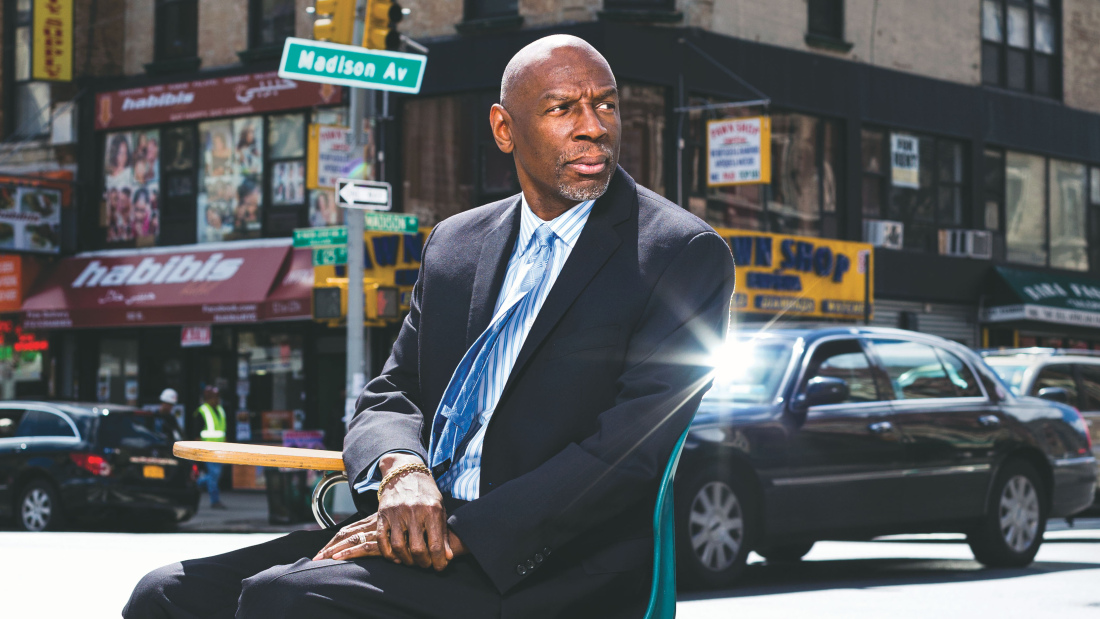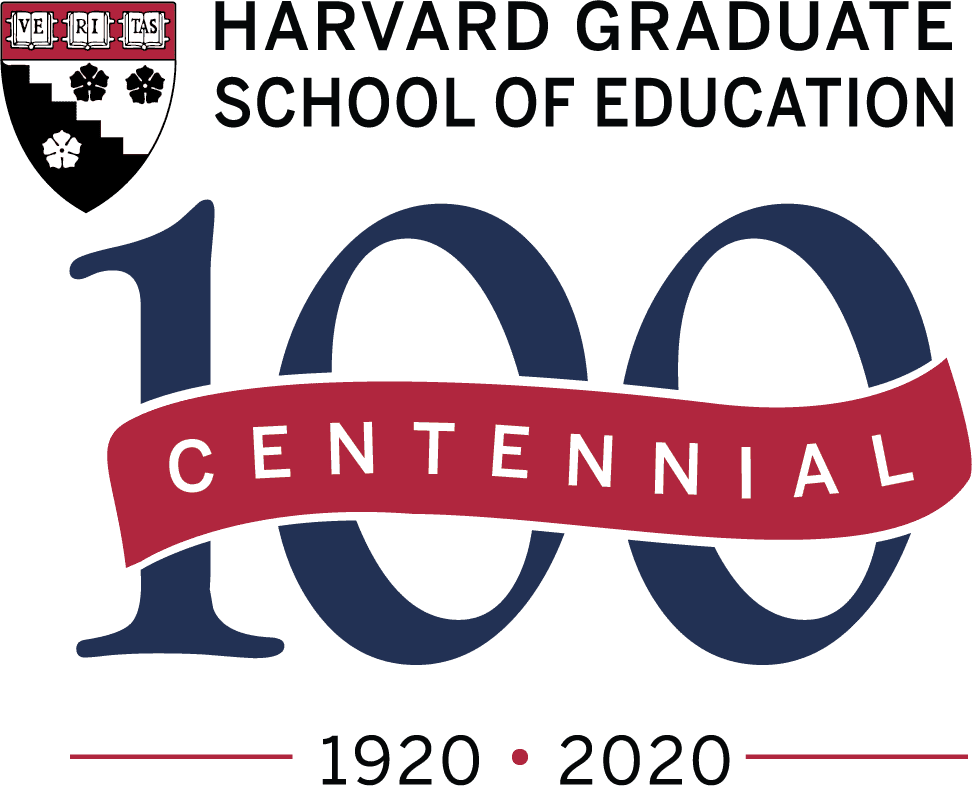Breaking the Cycle of Poverty

If the secret to the Harlem Children's Zone’s success is hard work over the long haul, as the author of an Ed. magazine story wrote in 2012 about the organization, the same can be said about the success of its founder, Geoffrey Canada, Ed.M.'75. Born in the South Bronx in 1952, Canada grew up in poverty with a single mother, three brothers, and a father he saw maybe once a year. His block was ruled by rough kids known as the Young Disciples, who taught Canada how to fight. At one point, he carried a knife and a gun. He had his first child when he was only a sophomore in college. Money was always an issue.
With the Harlem Children’s Zone, Geoffrey Canada proves we know how to eliminate achievement gaps — if we do the work.
But Canada had something growing up that made a huge difference: a mother with a couple years of college under her belt who realized that education doesn’t only happen in school. As a result, as Paul Tough wrote in Whatever It Takes, his 2009 book about HCZ, Canada’s mother “bombarded her sons with books and educational experiences before they could even walk.” Eventually, Canada realized he wanted to be an educator and do the same for other poor kids. During his year at the Ed School, he says great professors not only changed his understanding of education theory, but also taught him the importance of walking the walk. He brought those lessons to a year of teaching in Boston, then back to New York in the early 1980s to run the Rheedlen Centers for Children and Families. Rheedlen became the Harlem Children’s Zone, which today targets a 100-block area of Central Harlem with a “block-by-block approach to tackling poverty,” wrote The New York Times in 2014, that has “inspired a movement in urban education.”
The nonprofit’s success goes hand in hand with Canada’s own success and, ultimately, his impact, which has been mentioned in some surprising places for an educator: A starring role in an American Express commercial and the documentary Waiting for “Superman.” Interviews with Jimmy Fallon, Tavis Smiley, and Oprah Winfrey. Segments about him on NPR’s This American Life and Saturday Night Live. A Richard Avedon portrait in the New Yorker.
What has it all added up to? Canada, who stepped down in 2014 as CEO but remains HCZ’s president, says his original goal to help kids in every aspect of their lives, from the way their families raise them to the way they are taught in school, has made a difference. “The thing I think is significant about what we’ve done is this: There’s a group of social scientists and educators who had argued for many years that we needed this comprehensive place-based model,” he said in a 2018 interview with the Harvard Kennedy School. “They said this was one thing that would provide the impetus for change in these communities. Now we have an example with data that says, ‘You know, we actually can eliminate the achievement gap with these young people. We actually know how to do it, we know what it costs, we know what it takes.’ I think it’s moving the field along.” – Lory Hough
Learn More and Connect
Learn about the Center on the Developing Child at Harvard University's Frontiers of Innovation project.
Read about the literacy research of Professors Meredith Rowe and James Kim.
Learn about the school-community collaborations fostered by HGSE's Education Redesign Lab.
